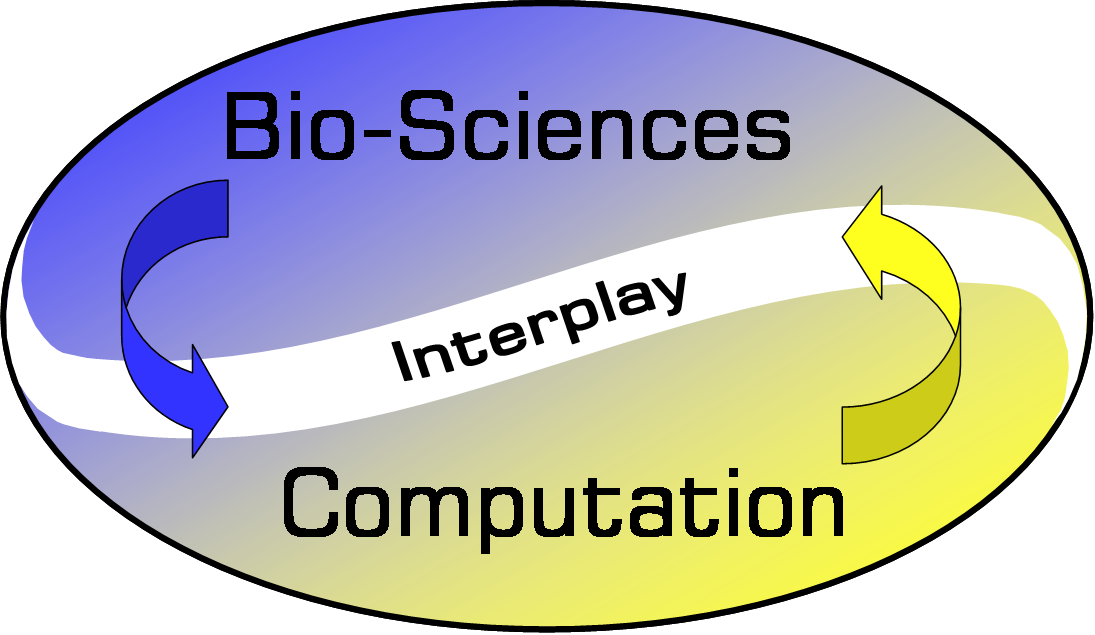Chairperson: Javier de Lope Asiaín.
Co-Chairs: Manuel Graña and
Richard Duro.
Multi-robot
systems are emerging as a new frontier in Robotics research, posing new
challenges and offering new solutions to old problems. They are well
situated for solving tasks that can be efficiently performed by teams
of homogeneous or heterogeneous robots. Also they are appropriate for
systems that deal with critical or dangerous tasks and could require
some redundancy.
Multi-robot systems may be considered a particular
case of multi-agent systems, so they are collections of interacting and
cooperating autonomous agents, in this case with physical embodiment,
that impose restrictions on what they can do and how they interact with
the environment.
This special session focuses on theoretical topics
such as heterogeneous and modular robot architectures, multi-robot team
coordination, inter-robot communications, self-organizing robot teams
and also on its applications to multi-robot systems from a general
framework of bio-inspired computation and engineering such as
evolutionary computation, adaptive learning systems, artificial neural
networks, reasoning based on fuzzy systems, and other biological
inspired systems. International
Work-conference on the
Interplay between Natural and Artificial Computation
International
Work-conference on the
Interplay between Natural and Artificial Computation
 International
Work-conference on the
Interplay between Natural and Artificial Computation
International
Work-conference on the
Interplay between Natural and Artificial Computation